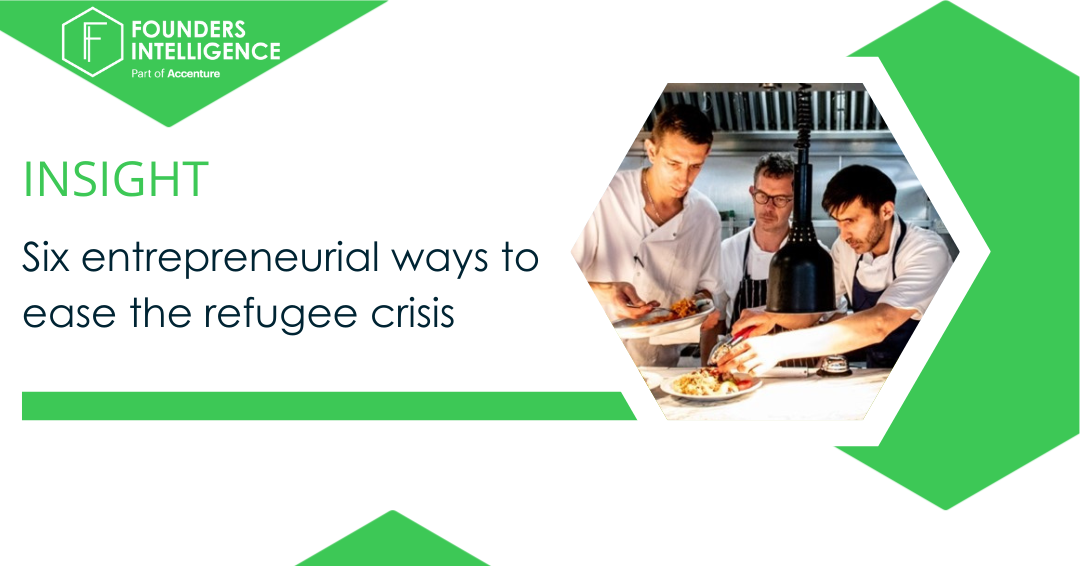myfirstminute in conversation with David Bonderman
David Bonderman, founding partner of TPG, spoke with firstminute capital as part of the ‘myfirstminute’ series.
TPG is one of the world’s largest private equity firms and David has served on the board of directors of a plethora of public and private companies, including Burger King, Continental Airlines, Ducati, GM, Ryanair, Uber, Pace Energy, among others.
Prior to forming TPG in 1992, he was COO of the Robert M. Bass Group (now Keystone Group), and was a partner at a law firm in Washington DC. He was a Fellow in Foreign and Comparative Law in conjunction with Harvard University, and Special Assistant to the U.S. Attorney General in the Civil Rights Division. He graduated magna cum laude from Harvard Law School in 1966.
At Founders Intelligence, we help business leaders reinvent their industries by tapping into insights from the tech and venture world; below are our key take-aways from an insightful conversation with a business icon.
PE has work to do — but so does the rest of the finance sector
- Short-termism could be seen an issue across the finance industry, driven by our collective decision to give primacy to shareholder value ~50 years ago; compared with financial markets, PE is a long-term investor.
- Many issues around PE are driven by tax; the sector needs to be seen as a positive factor and properly understood — its partway there.
- Purely focusing on returns has increased the complexity of deals and made them less sustainable. Similarly, this limits the talent pool to the number of people who can deal with that complexity, which may not be an overall advantage.
Rebounding will take time
- Bonderman sees the pandemic primarily as a health crisis, not a financial crisis: the challenge being that we cannot fix a health crisis by printing money; we need to wait for the medical fix. There will be a recession and it will take longer for everyone to recover from this crisis as a result.
- Travel will need to evolve: leaving the middle seat unsold won’t be the answer as airlines can’t make the economics work. Low-cost is best poised to survive in this economic reality; travel will be more conscious and testing, masks, etc will be the new normal.
Listen to your mentors — then do what you want
- When you’re new to something you typically have no idea what you’re doing; a mentor can be a huge help — showing you how they work, what they do and how they think. But remember: while their methods may be good for them and could prove instructive, ultimately the decision is yours.
- An example: David Bonderman’s mentor Richard Greenwater would say, “if you can’t sketch out your deal on a napkin, it’s too complex and not worth your time”. There was great wisdom and value in that — until there wasn’t: sometimes a complex deal opens up more possibilities and, as a result, is more interesting than a simple one.
People are important — but a strong underlying business might be a better investment
- A good business with a bad management team is fixable; a bad business with a good management team is a harder problem to solve — unless they can pivot.
- VC is thesis-driven and information-light. As a VC investor, your job is to focus on the quality of the team and the macro environment of the business to understand ‘does this have potential?’
- VCs need a mix of people who are looking for the right types of people to invest in and to balance that with people who make sure the fund stays on track and all the investments add up on the business side. These people are likely not the same.
- If you think you have a management problem, you do. By the time you ask about it openly, everyone knows about it. Don’t be a saviour of souls.



